Best PU College for PCMB in Bangalore
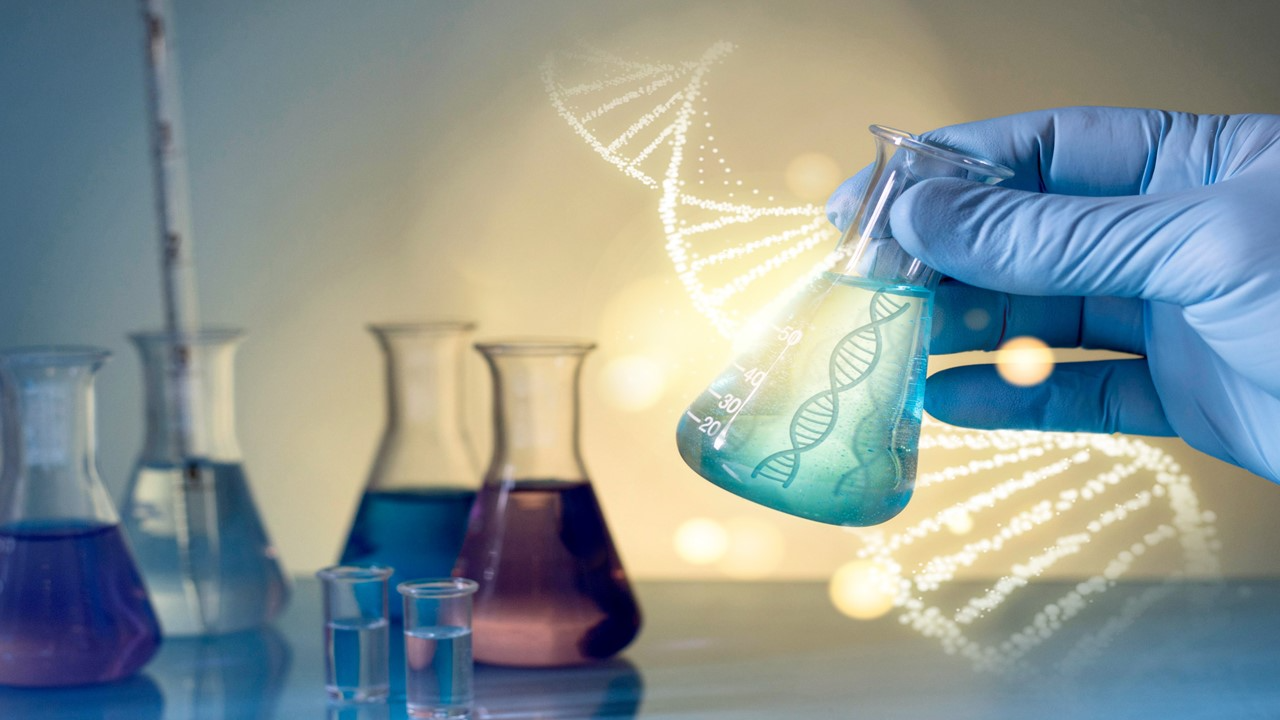
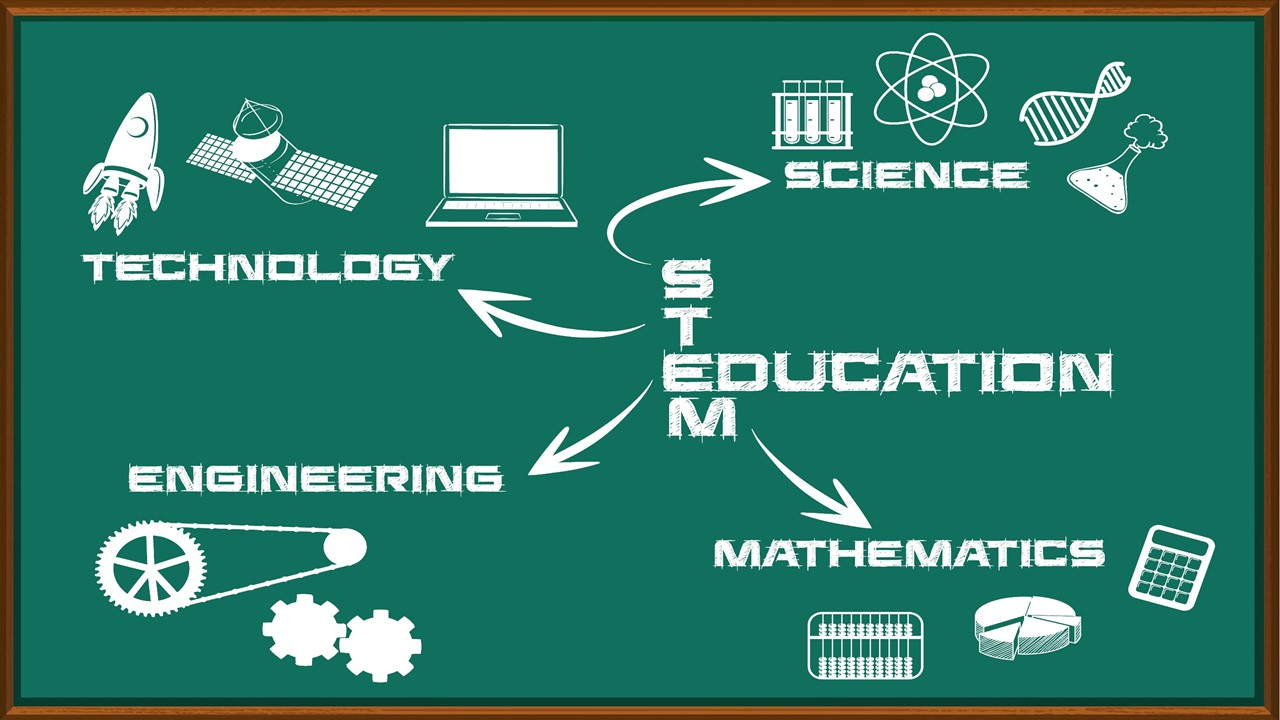
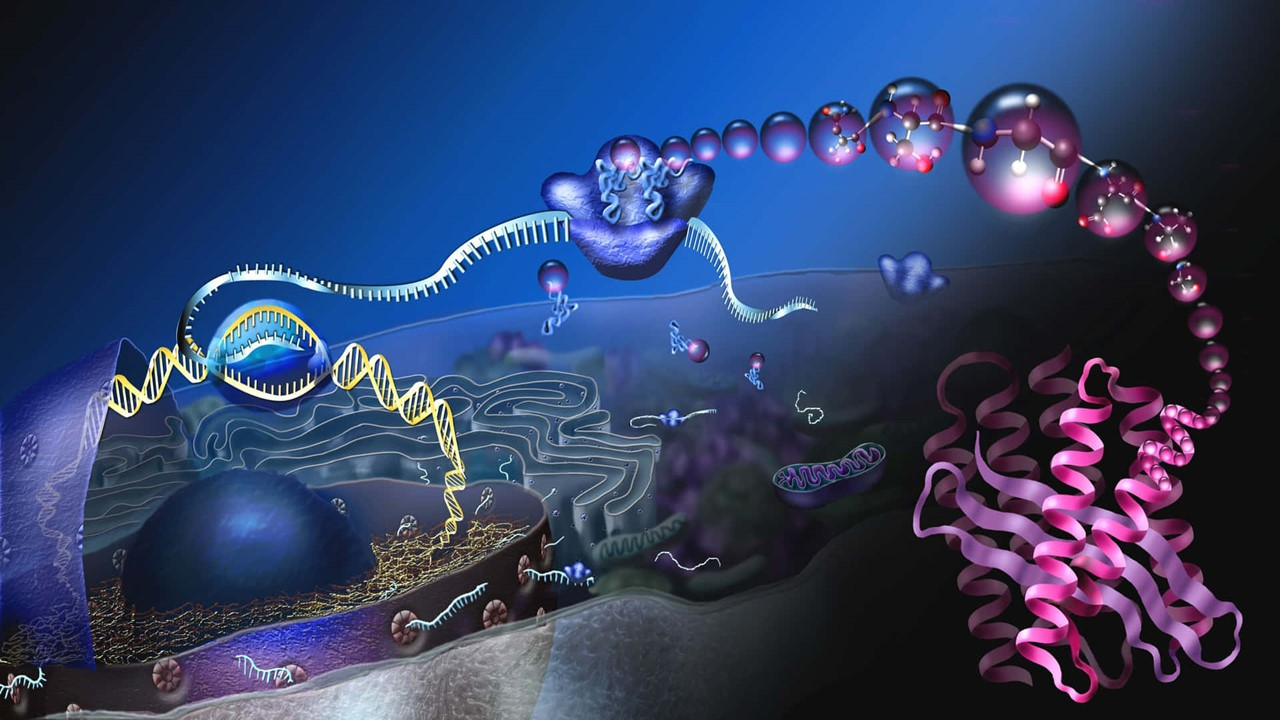

Semester I
View DetailsSemester II
View DetailsSemester III
View DetailsSemester IV
View DetailsWe are the best Pre University college in Bangalore(PUE). The college, which is ranked among the Best Pre University college in Bangalore, believes in laying a solid foundation in numerous domains of the field so that students can be properly developed in all of the subject's diverse disciplines. PCMB the Pre-University Course in Science with PCMB (Physics, Chemistry, Mathematics, and Biology) is a rigorous and multidisciplinary program designed for students with a strong interest in the natural sciences. This course provides a comprehensive overview of key concepts and principles across these four foundational subjects, preparing students for further studies and careers in diverse scientific and technical fields.
It forms the cornerstone of the PCMCs curriculum, offering an exploration of the fundamental laws governing the behavior of matter and energy. Students delve into topics such as mechanics, electromagnetism, thermodynamics, optics, and modern physics, gaining a deeper understanding of the physical world through theoretical study and practical experimentation.
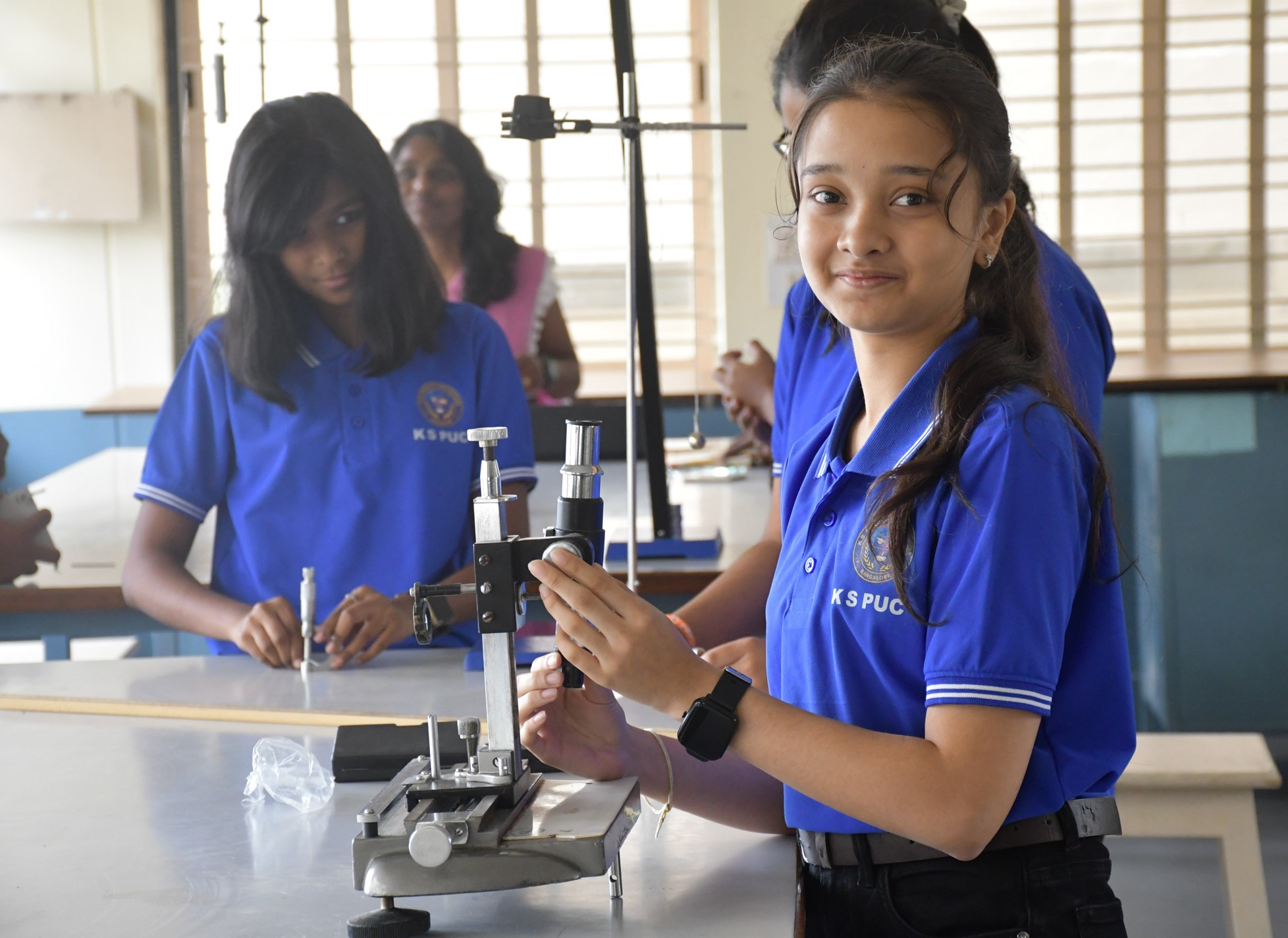
The physical universe is incredibly intricate in every way. Every day, everyone of us witnesses a wide range of things and events. The human species has amassed a vast amount of knowledge as a result of our collective curiosity over the ages.
From the flight of birds to the hues of flowers, from lightning to gravity, from quarks to galaxy clusters, from the passage of time to the enigma of the universe's origin, humans have posed questions and gathered vast quantities of data.
With regard to all of these specifics, we have found that a surprisingly condensed and unified set of physical principles can adequately account for what we perceive. Humans tend to generalise and seek out order. Physics seeks to explain how everything in our environment works.
Physics is concerned with describing the interactions of energy, matter, space, and time, and it is especially interested in what fundamental mechanisms underlie every phenomenon. Top Best Science College in Bangalore. Physics seeks to explain how everything in our environment works, from the motion of microscopic charged particles to that of humans, vehicles, and spacecraft. In reality, the rules of physics can rather properly describe practically everything that is in your immediate environment.
It complements the study of physics by focusing on the composition, structure, properties, and transformations of matter. Students investigate chemical bonding, stoichiometry, thermodynamics, organic chemistry, and more, while gaining hands-on experience in laboratory settings to understand the practical applications of chemical principles.
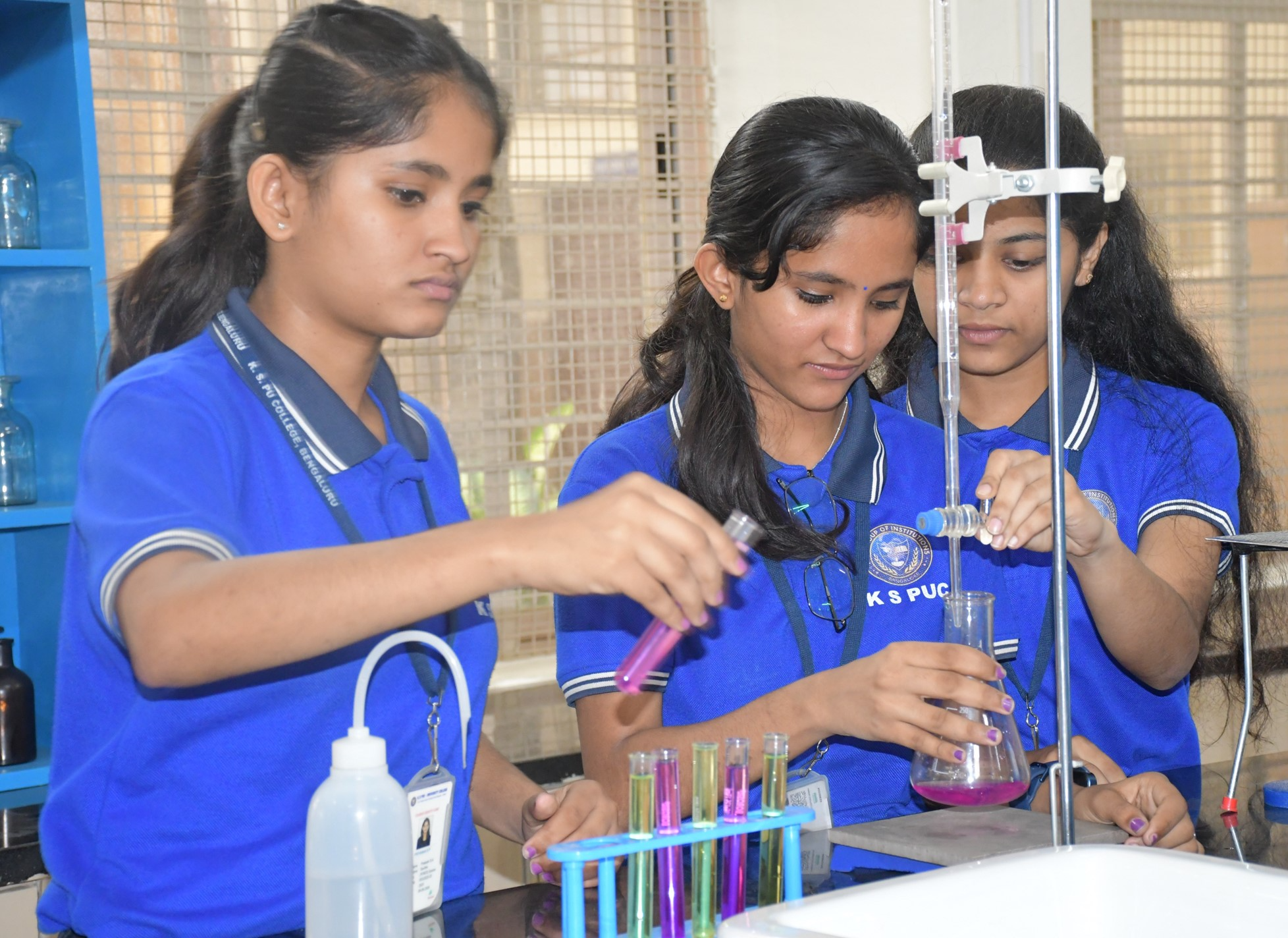
Chemistry is one of the most important scientific disciplines. Chemistry can be defined as the branch of science that investigates matter, including its characteristics, chemical makeup, and modifications brought about by diverse processes.
The study of matter and the substances that make it up is the focus of the scientific subdiscipline of chemistry. The characteristics of these substances and the reactions they go through to produce new substances are also covered. Atoms, ions, and molecules, which in turn make up elements and compounds, are the main subjects of chemistry. Through chemical bonding, these chemical species frequently communicate with one another. It is significant to remember that the study of chemistry also examines how matter and energy interact.
Everywhere we see, chemical processes are happening. Thousands of chemical interactions are facilitated by the human body each day. Chemical processes are involved in all biological functions, including food digestion and muscle activity. A chemical reaction called photosynthesis enables plants to change water, sunlight, and carbon dioxide into glucose and oxygen. The entire food chain is formed on the basis of this procedure. Emulsification is a chemical process that is utilised in hygiene products such as soaps and detergents. Additionally, they are created through the chemical process of saponification.
Mathematics developed from counting, computation, measurement, and the methodical study of the shapes and motions of physical objects through abstraction and logical reasoning. Since there have been written records, humans have engaged in practical mathematics. Greek mathematics was the first to use rigorous arguments, most notably in Euclid's Elements. Up to the Renaissance, mathematics developed in sporadic bursts, but as a result of interactions between new scientific discoveries and mathematical advances, research accelerated and is still going strong now.
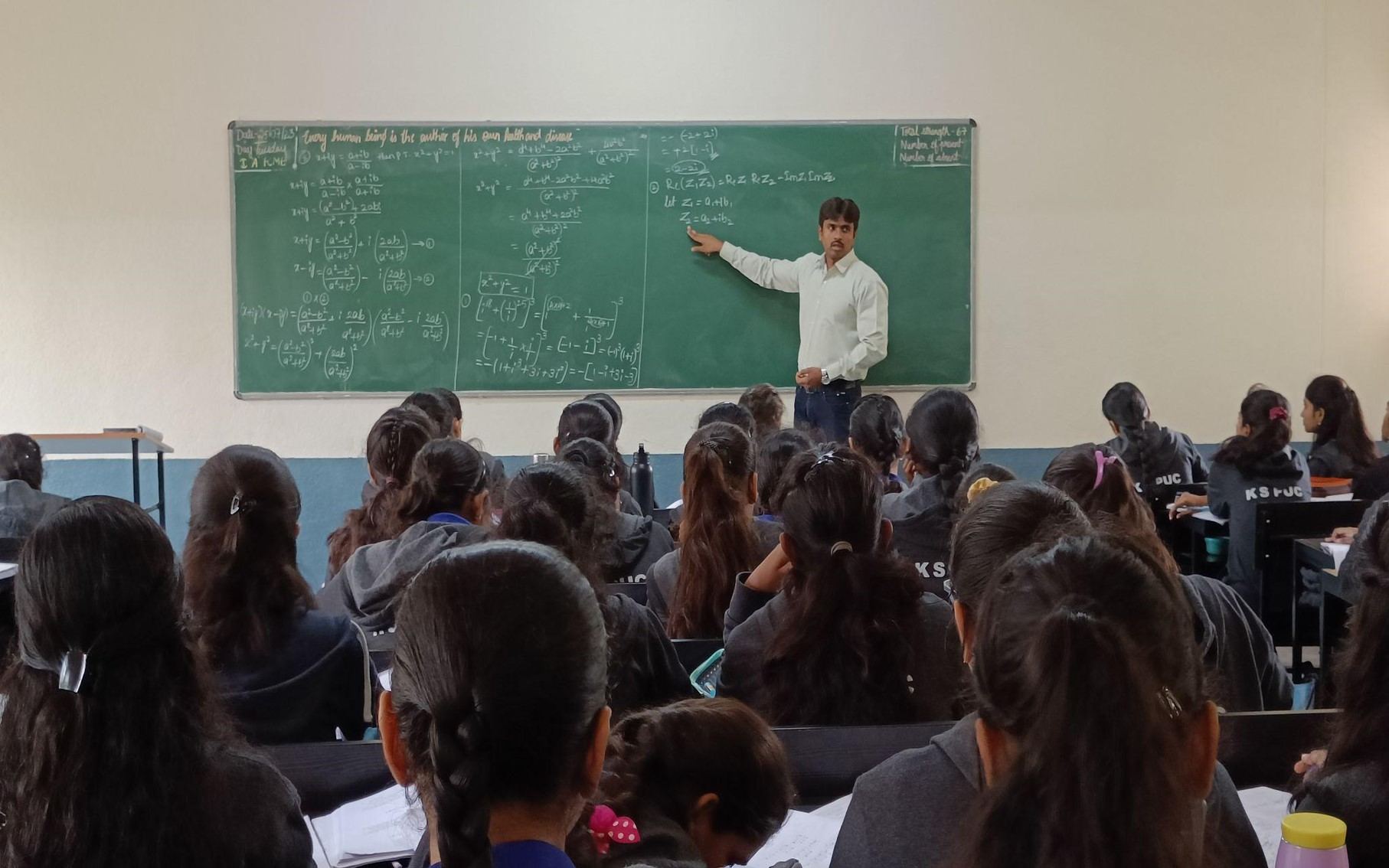
From counting, computation, measuring, and the methodical study of the shapes and motions of physical objects, mathematics developed through abstraction and logical reasoning. Since the beginning of recorded history, humans have engaged in practical mathematics. Greek mathematics, especially Euclid's Elements, is where rigorous arguments first appeared. Up until the Renaissance, mathematics developed in sporadic bursts. Then, when mathematical discoveries mixed with fresh scientific findings, research accelerated and is still going strong now.mathematicians also engage in pure mathematics, or mathematics for its own sake, without having any application in mind.
There is debate over whether mathematical objects such as numbers and points exist naturally or are human creations. The mathematician Benjamin Peirce called mathematics "the science that draws necessary conclusions". Albert Einstein, on the other hand, stated that "as far as the laws of mathematics refer to reality, they are not certain; and as far as they are certain, they do not refer to reality."
The study of living things is known as biology. It includes the genetic underpinnings of heredity in organisms, the energy metabolism that drives life's activities, and the cellular basis of living things. The study of evolutionary links between species and the variety of life on Earth is also included in the field of biology. It takes into account the biology of creatures including bacteria, plants, and animals and combines the structural and functional links that underlie their daily operations. Chemistry and physics serve as the foundation for biology, which then applies these sciences' laws to living organisms.
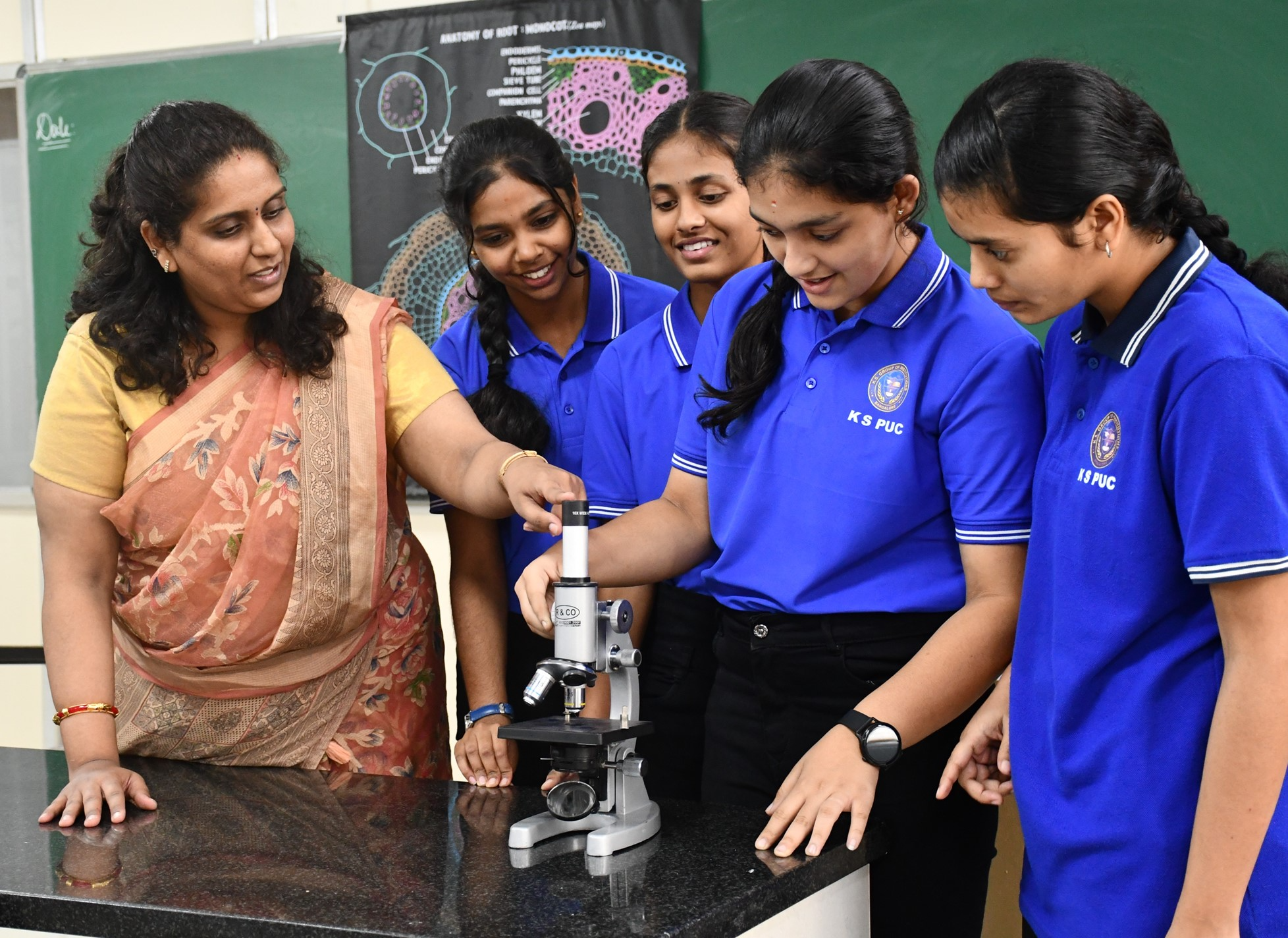
Biology is the scientific study of living organisms and their interactions with each other and the environment. It encompasses a wide range of topics, from the molecular mechanisms of cells to the ecological relationships between organisms and their habitats. As one of the core disciplines of science, biology plays a crucial role in advancing our understanding of life on Earth and addressing pressing challenges facing humanity and the planet.
One of the key areas of study in biology is genetics, which explores the inheritance of traits from one generation to the next and the role of DNA in determining an organism's characteristics. Advances in genetics have revolutionized fields such as medicine, agriculture, and forensics, leading to the development of genetic therapies, genetically modified crops, and DNA fingerprinting techniques.
Another important area of biology is ecology, which examines the relationships between organisms and their environments. Ecologists study topics such as population dynamics, community interactions, and ecosystem processes to understand how ecosystems function and how they can be managed sustainably. Biology also encompasses the study of physiology, which focuses on how organisms function at the cellular, tissue, organ, and organismal levels. Physiologists investigate topics such as metabolism, respiration, circulation, and reproduction to understand the mechanisms that enable organisms to survive and thrive in their environments

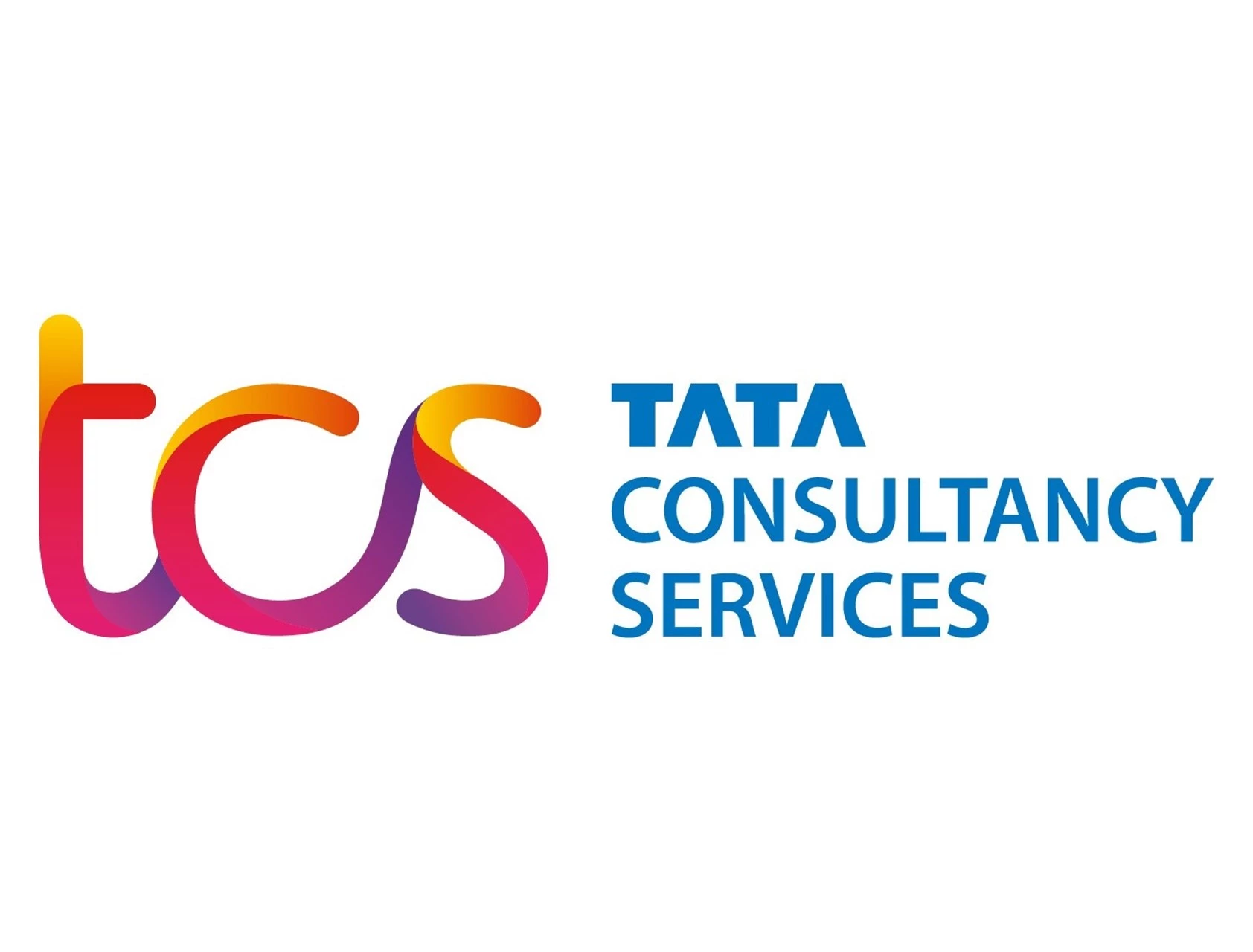
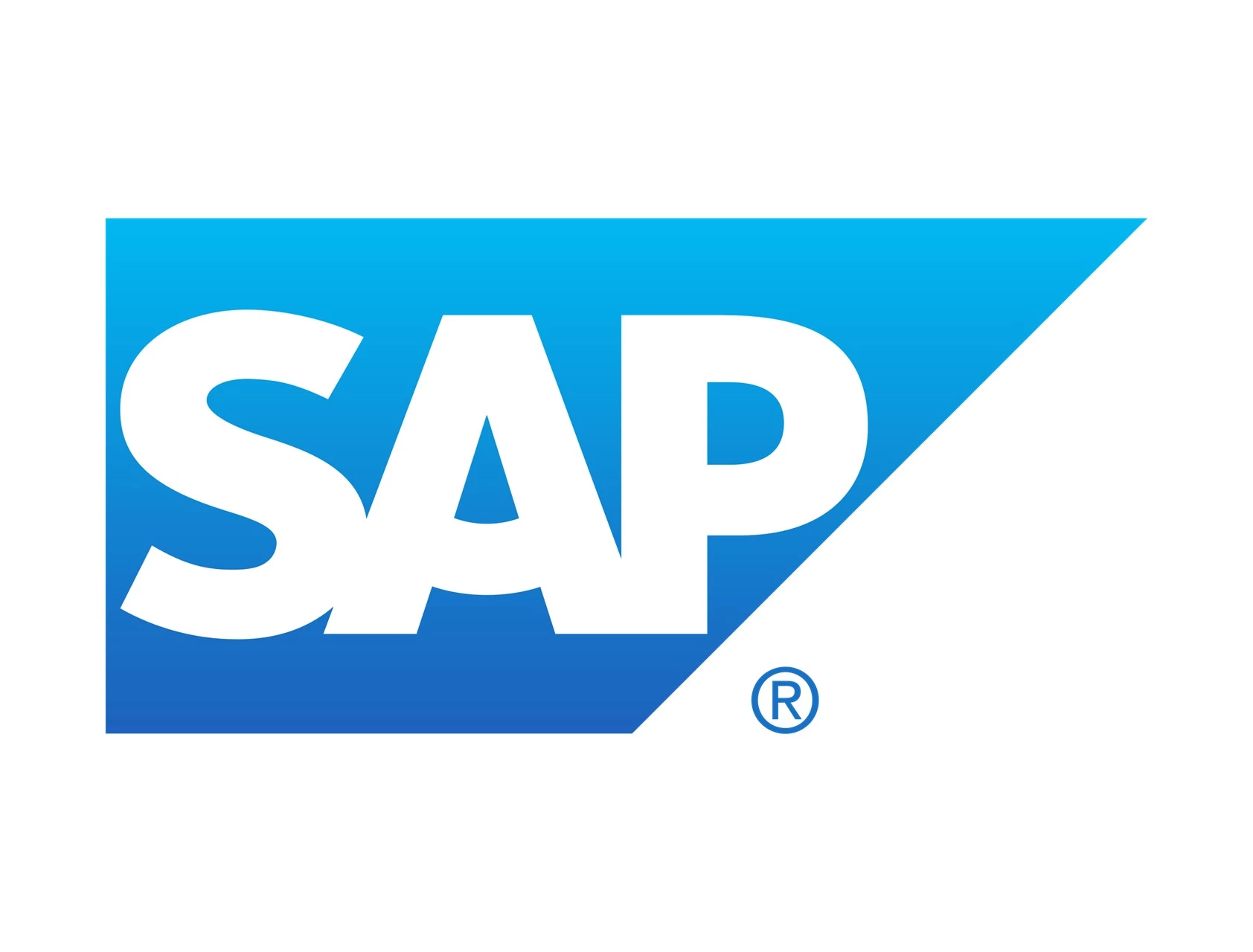

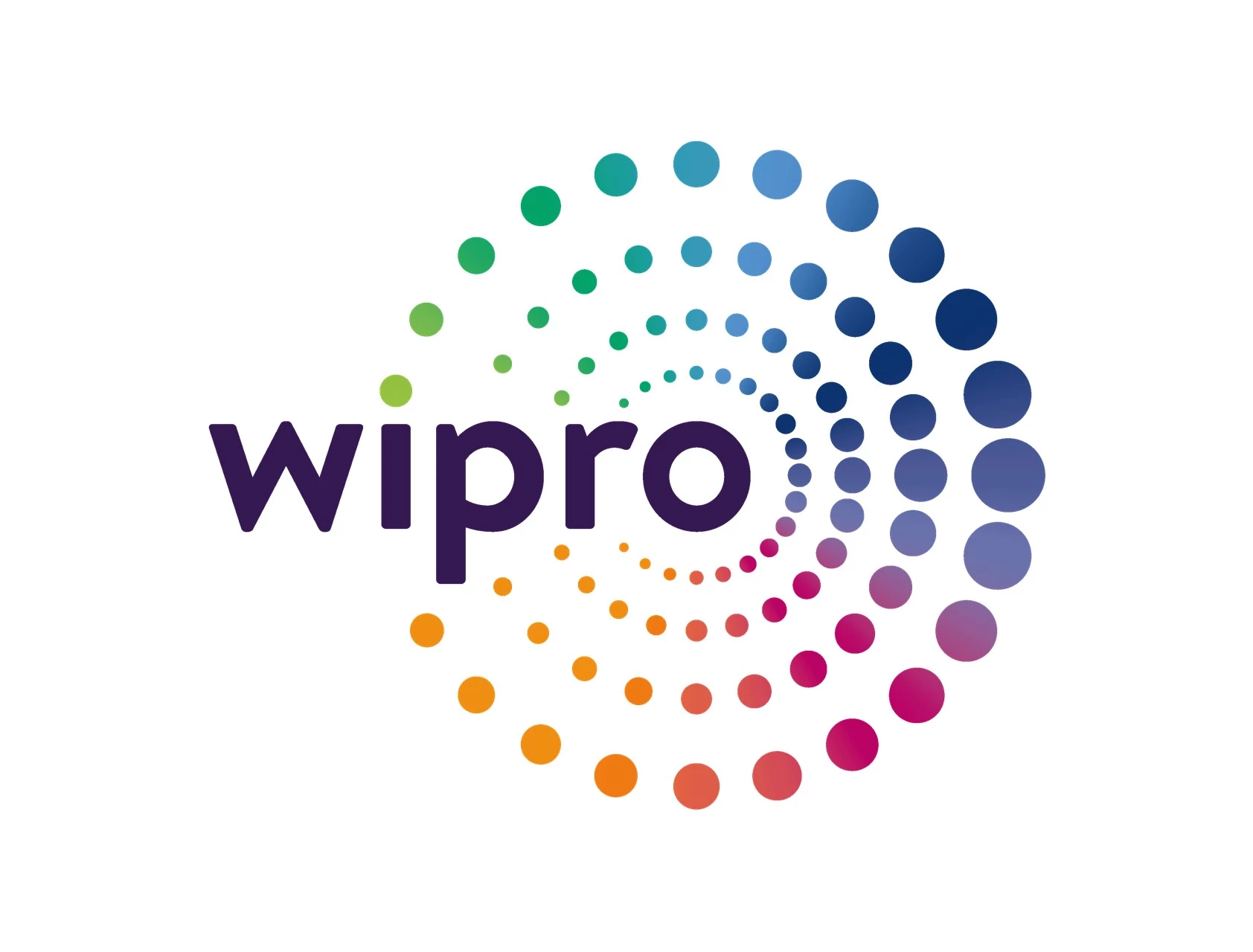

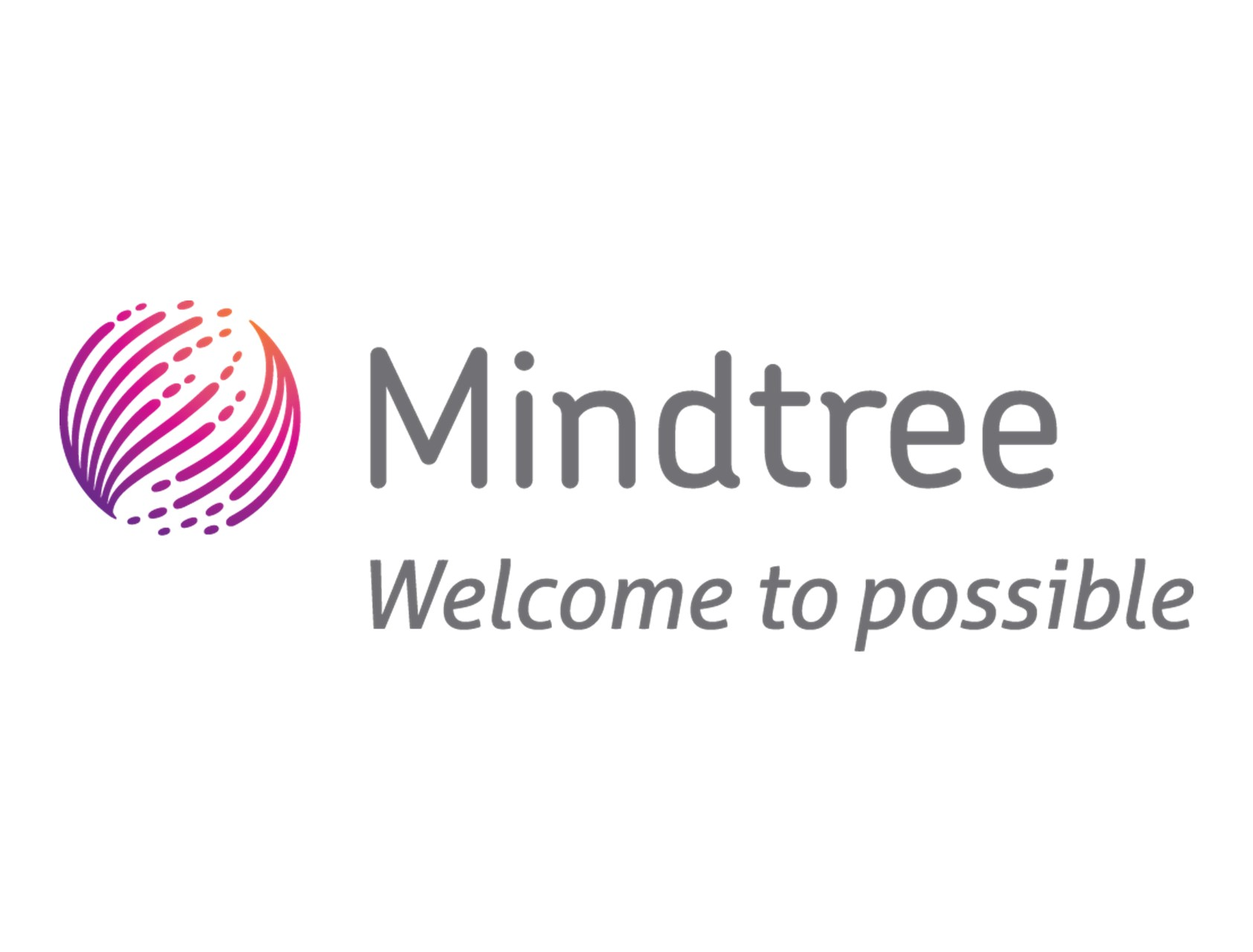
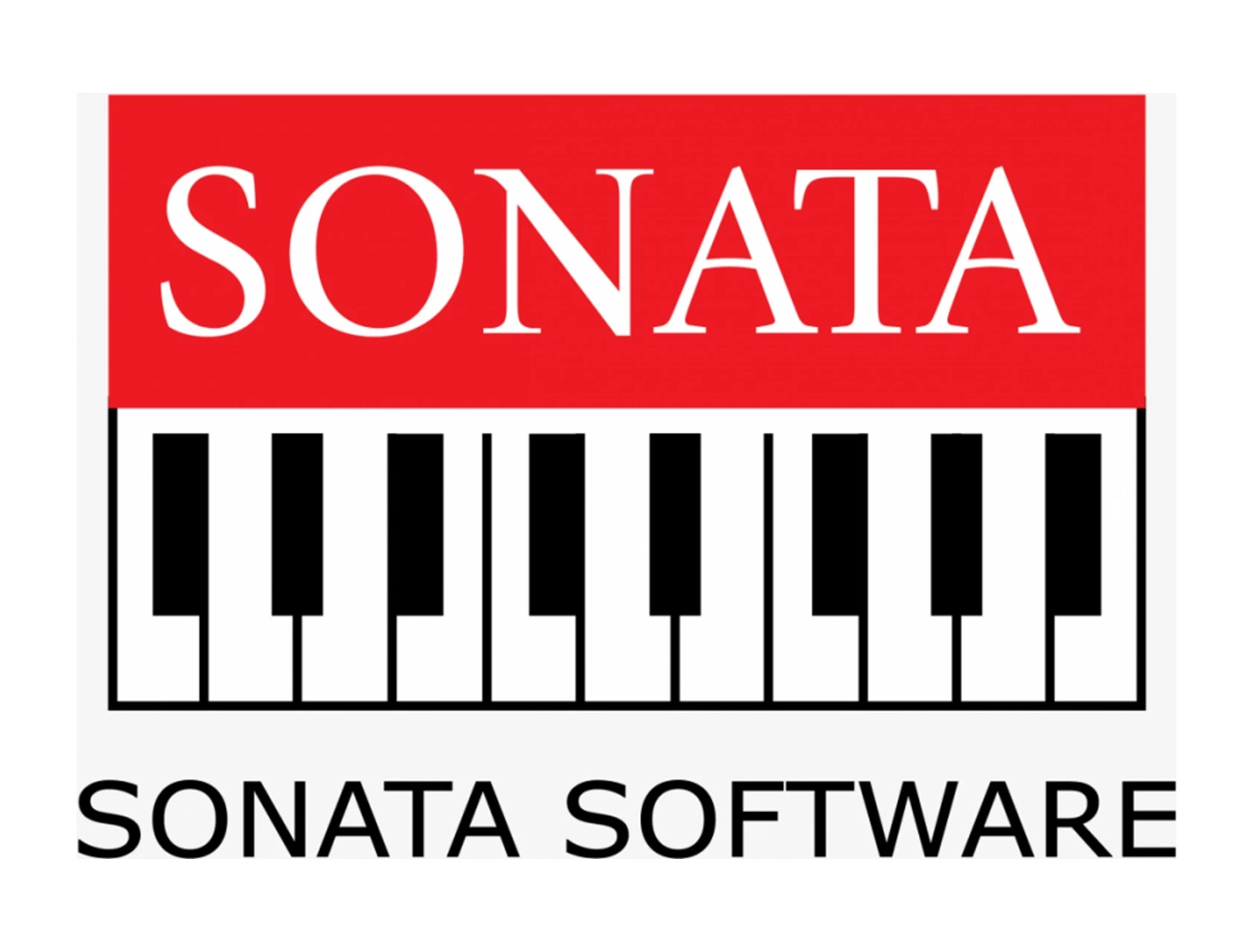
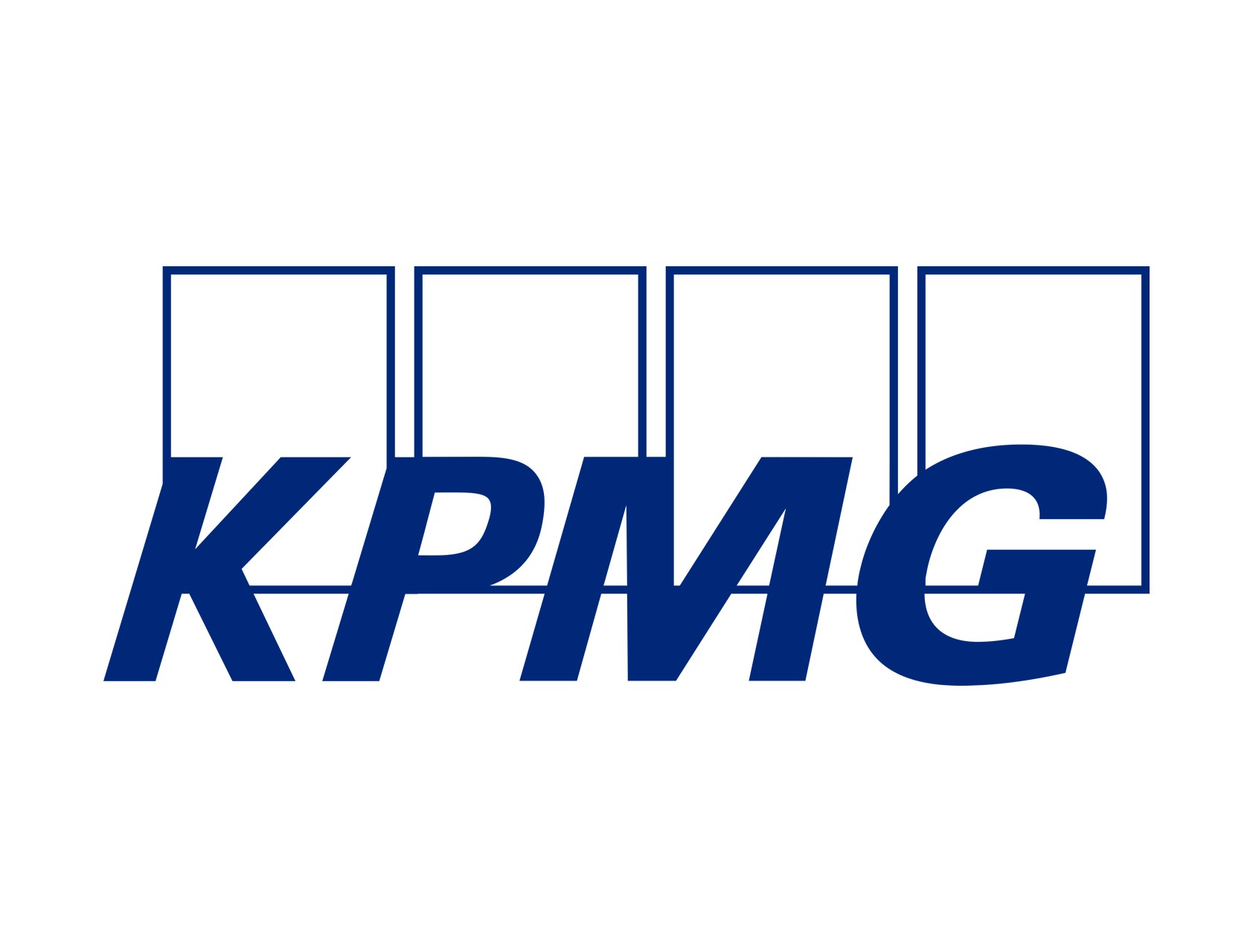
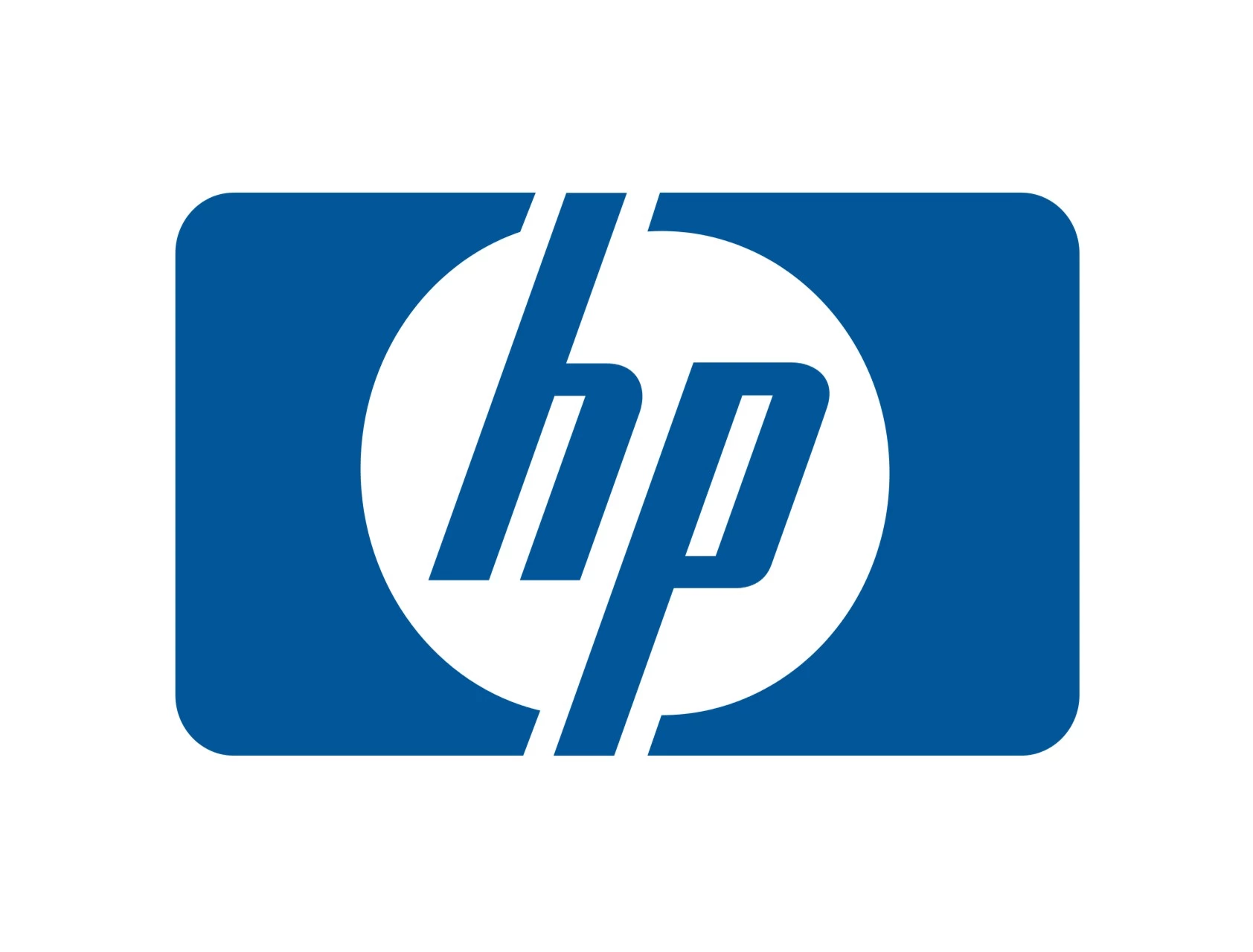
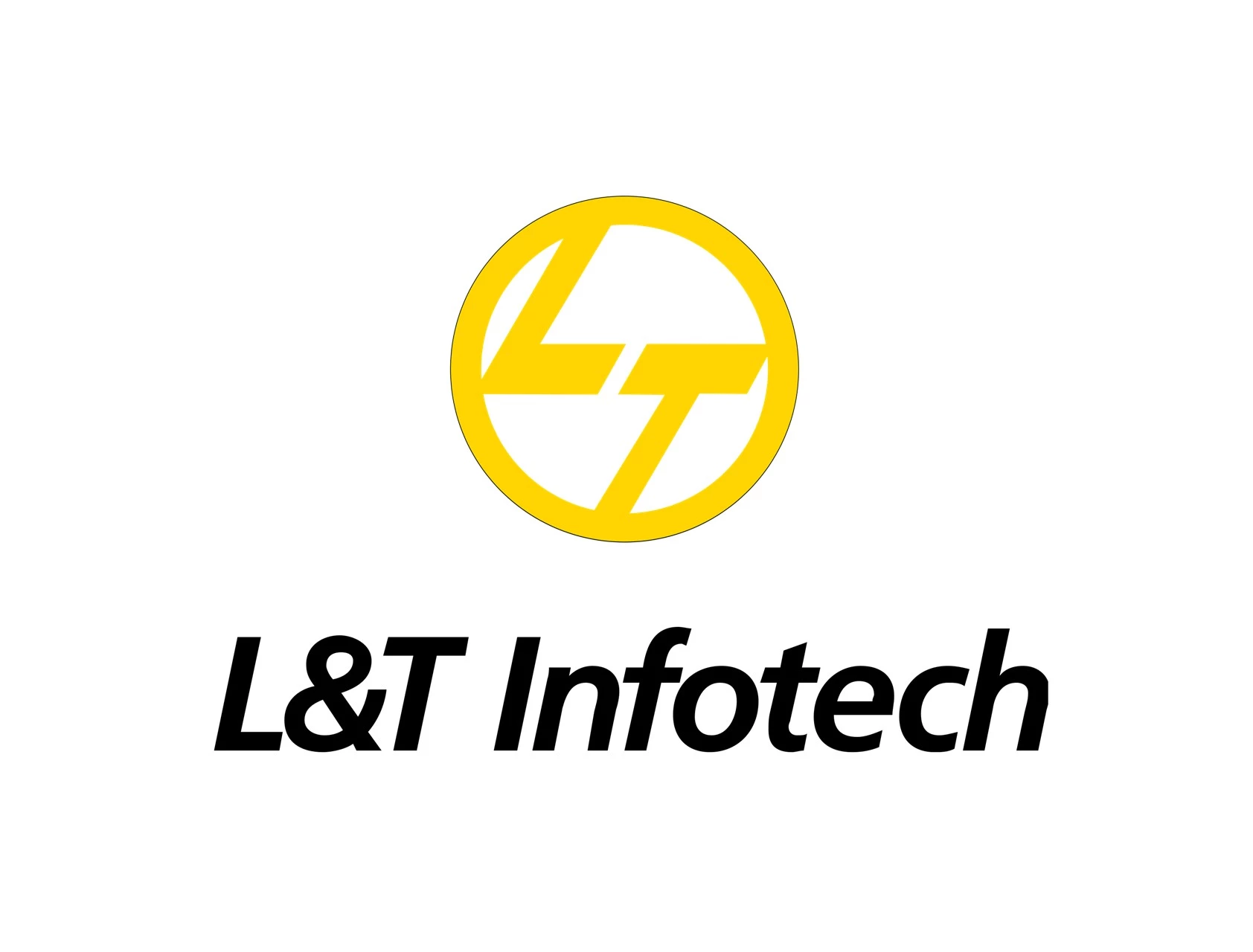
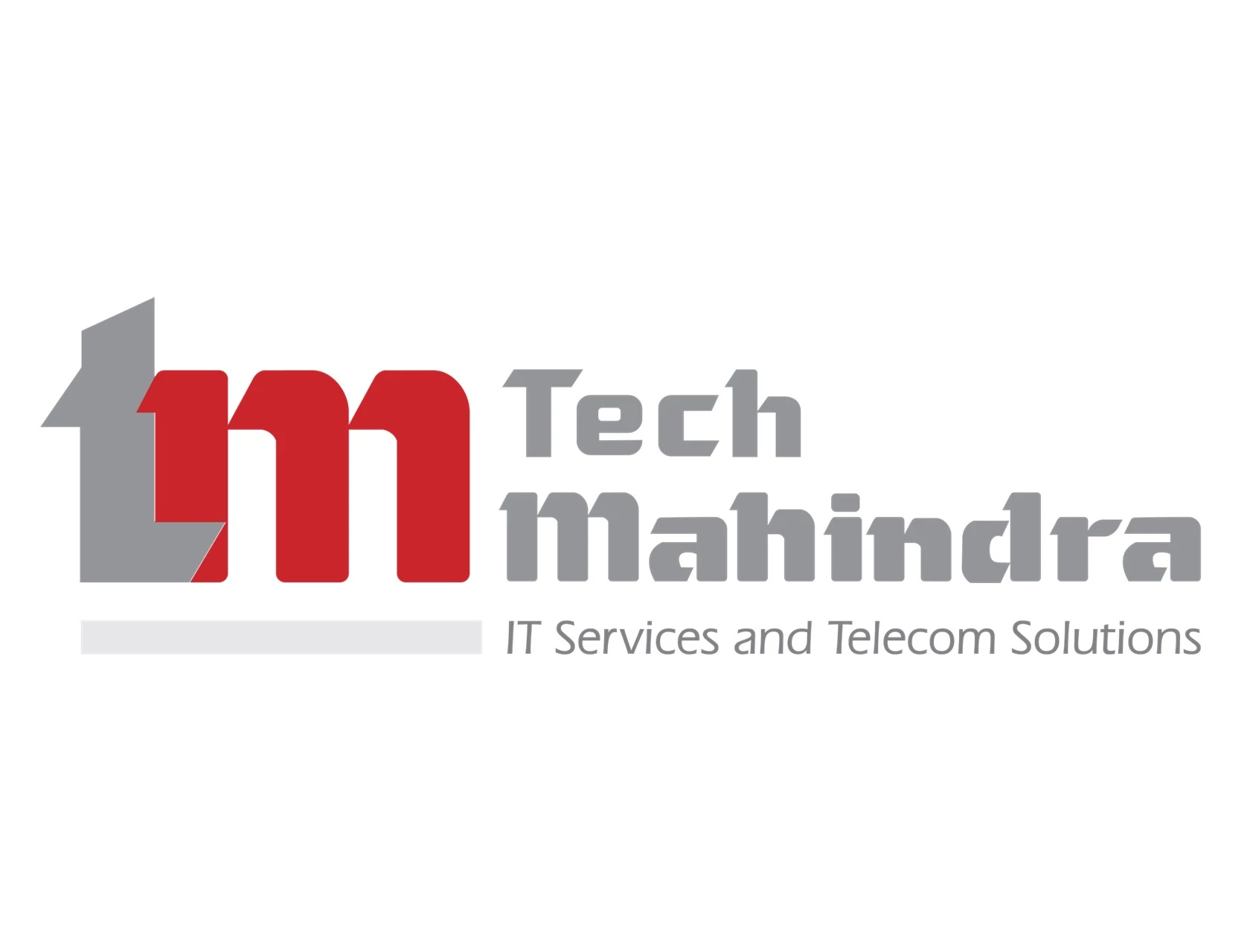
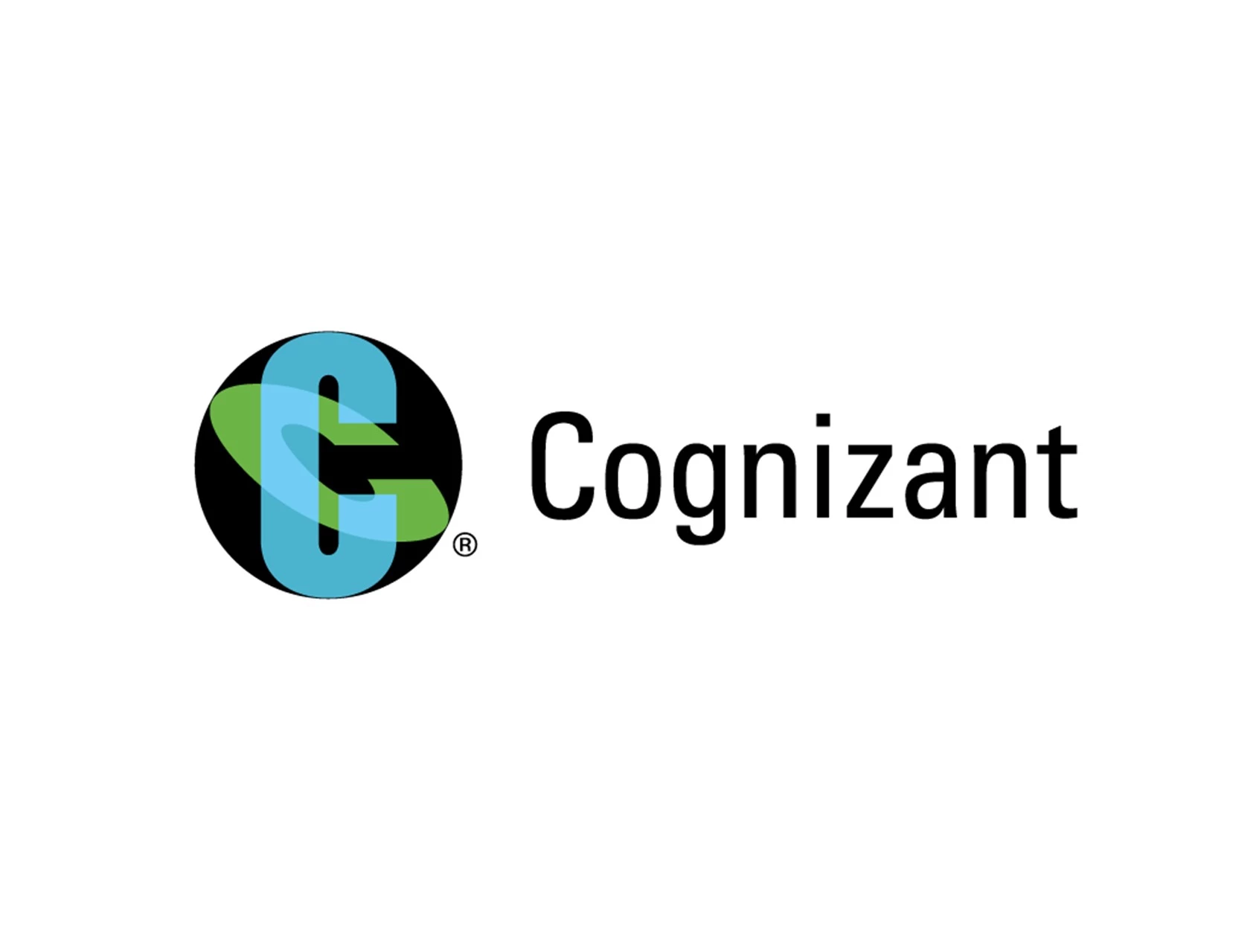


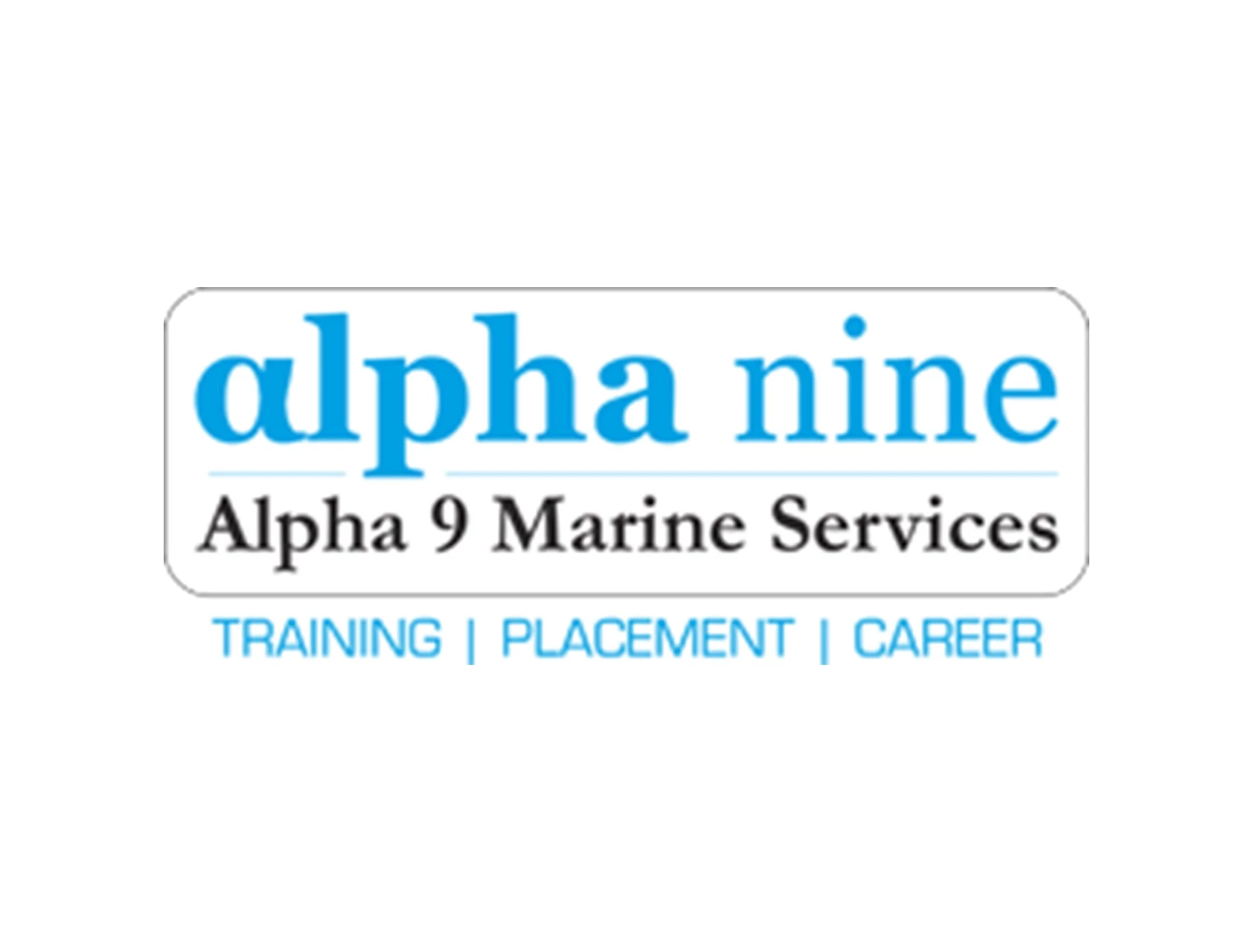



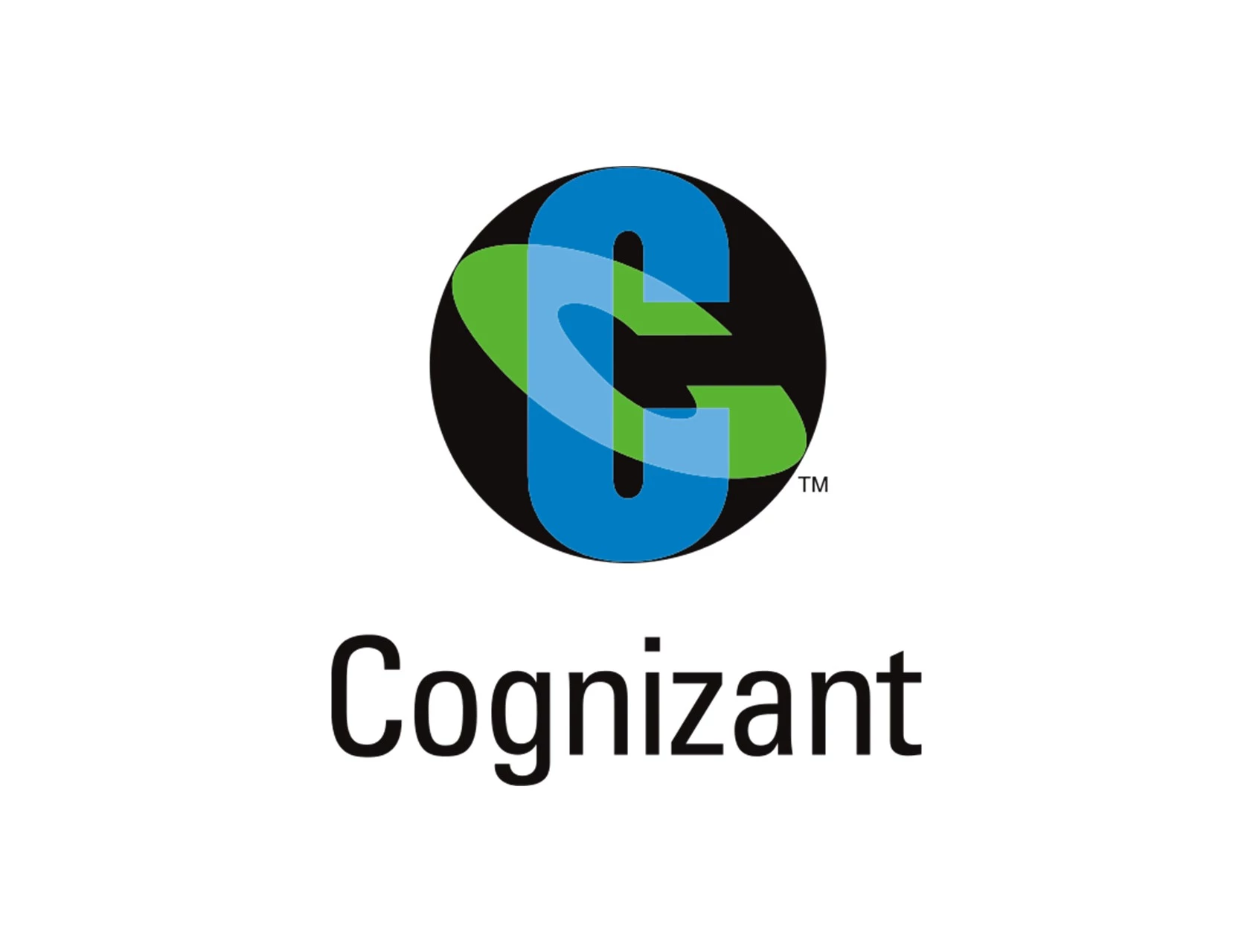



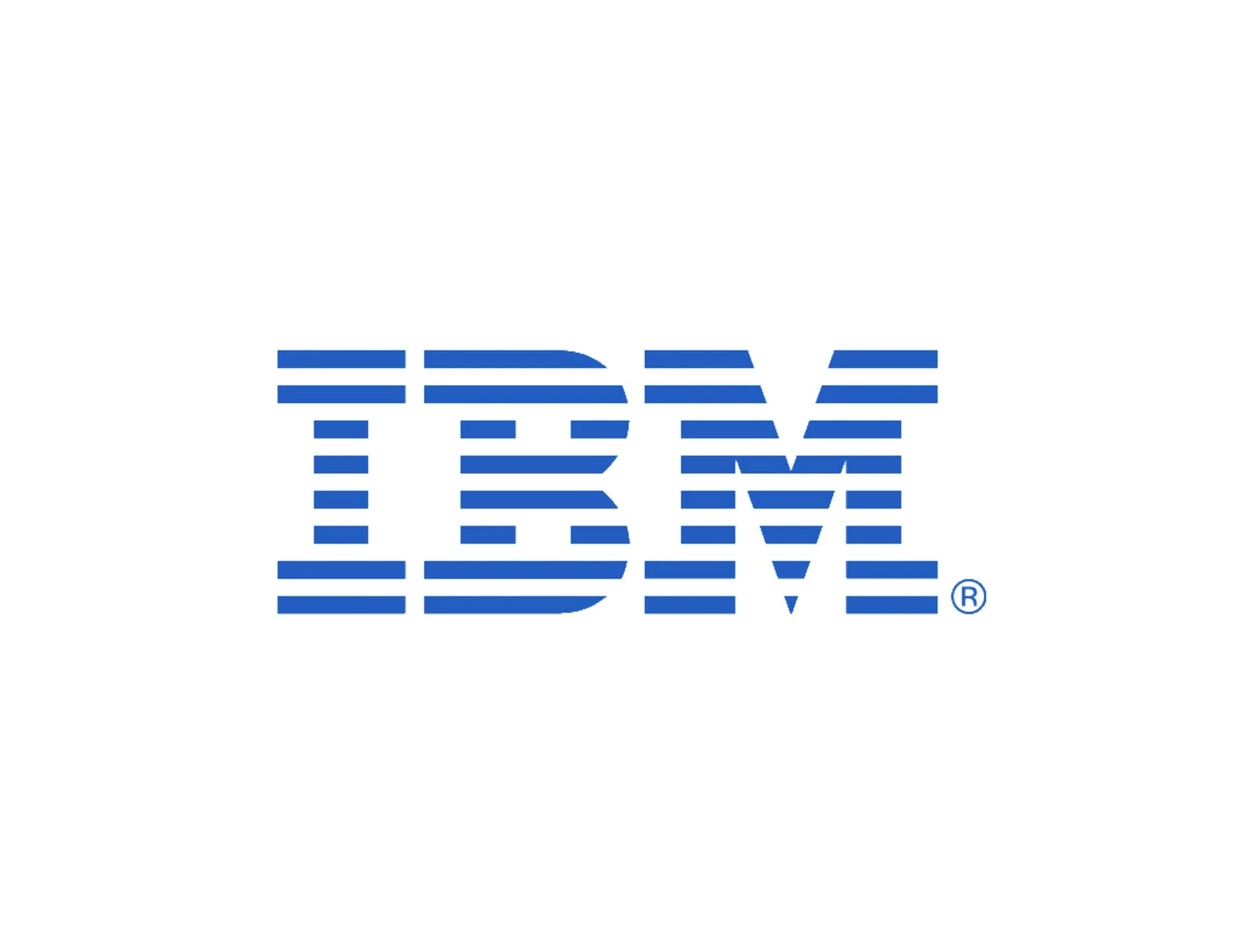

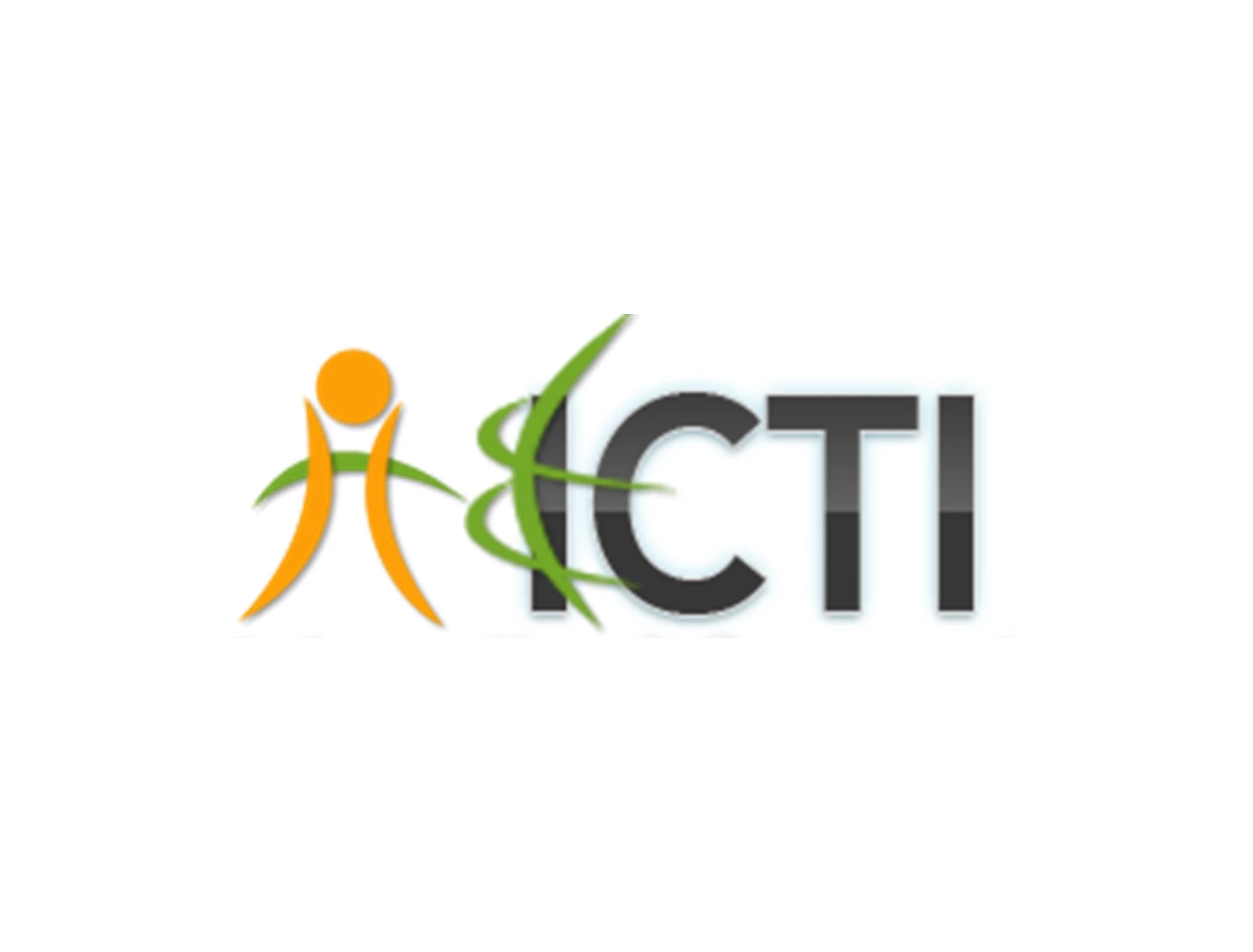
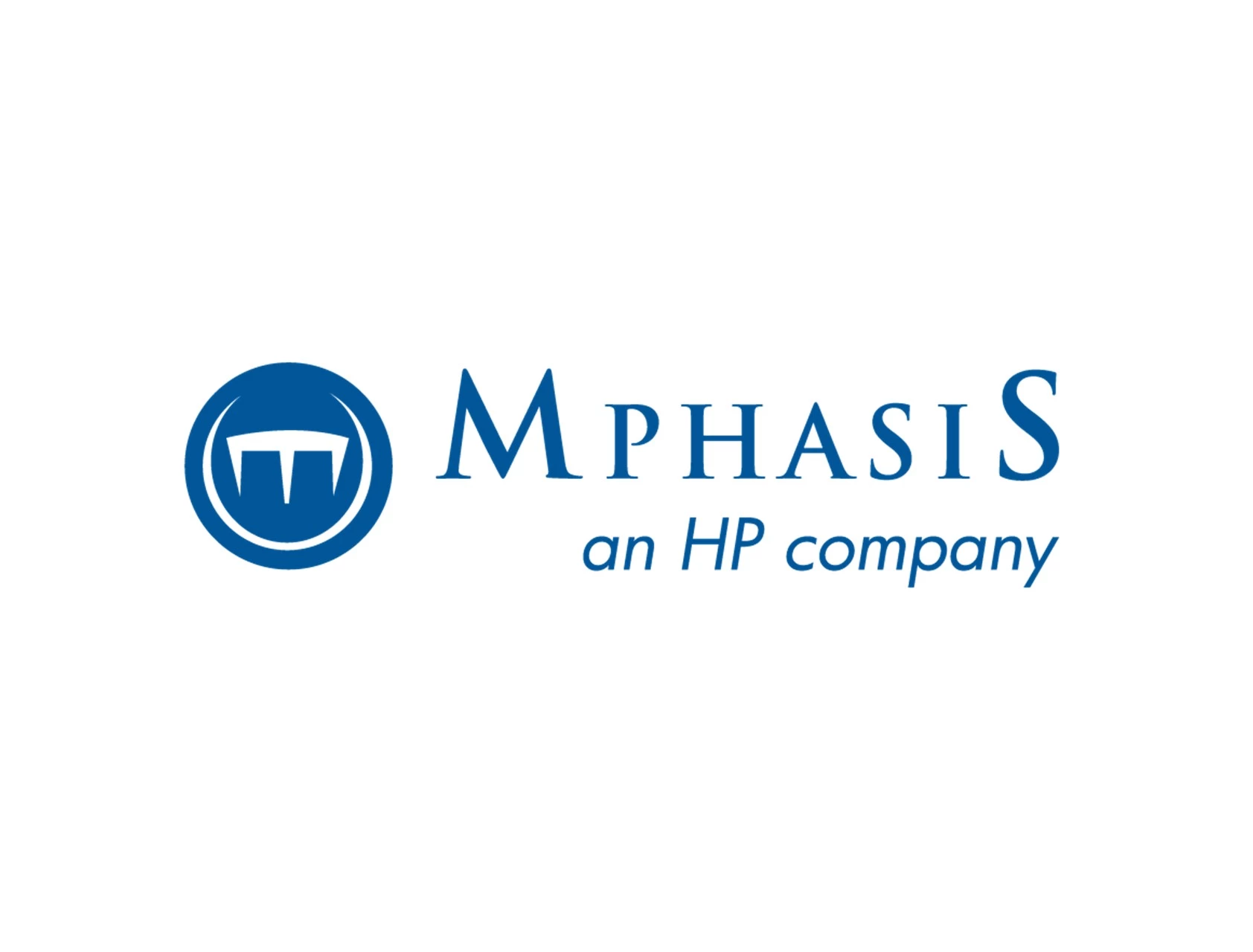


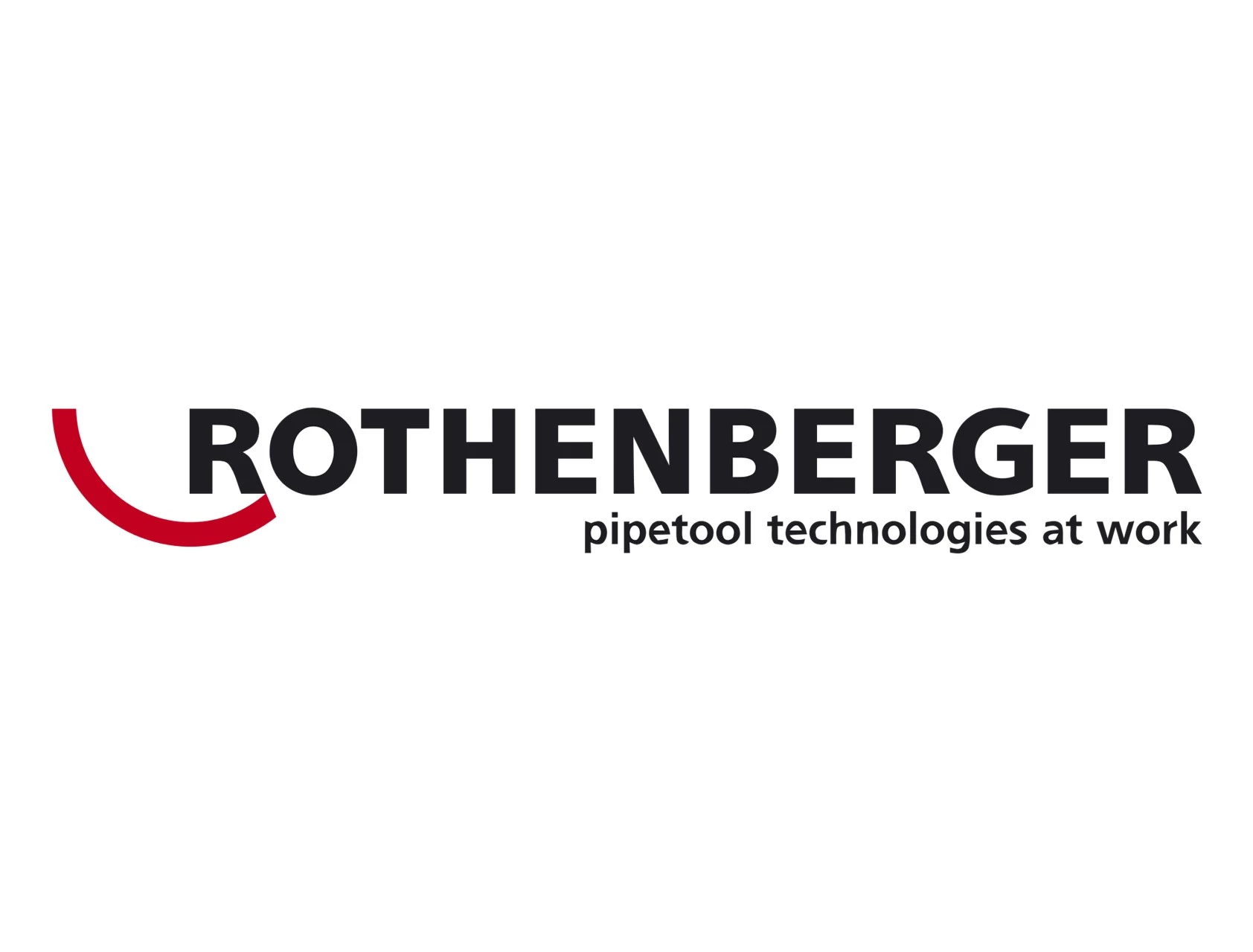
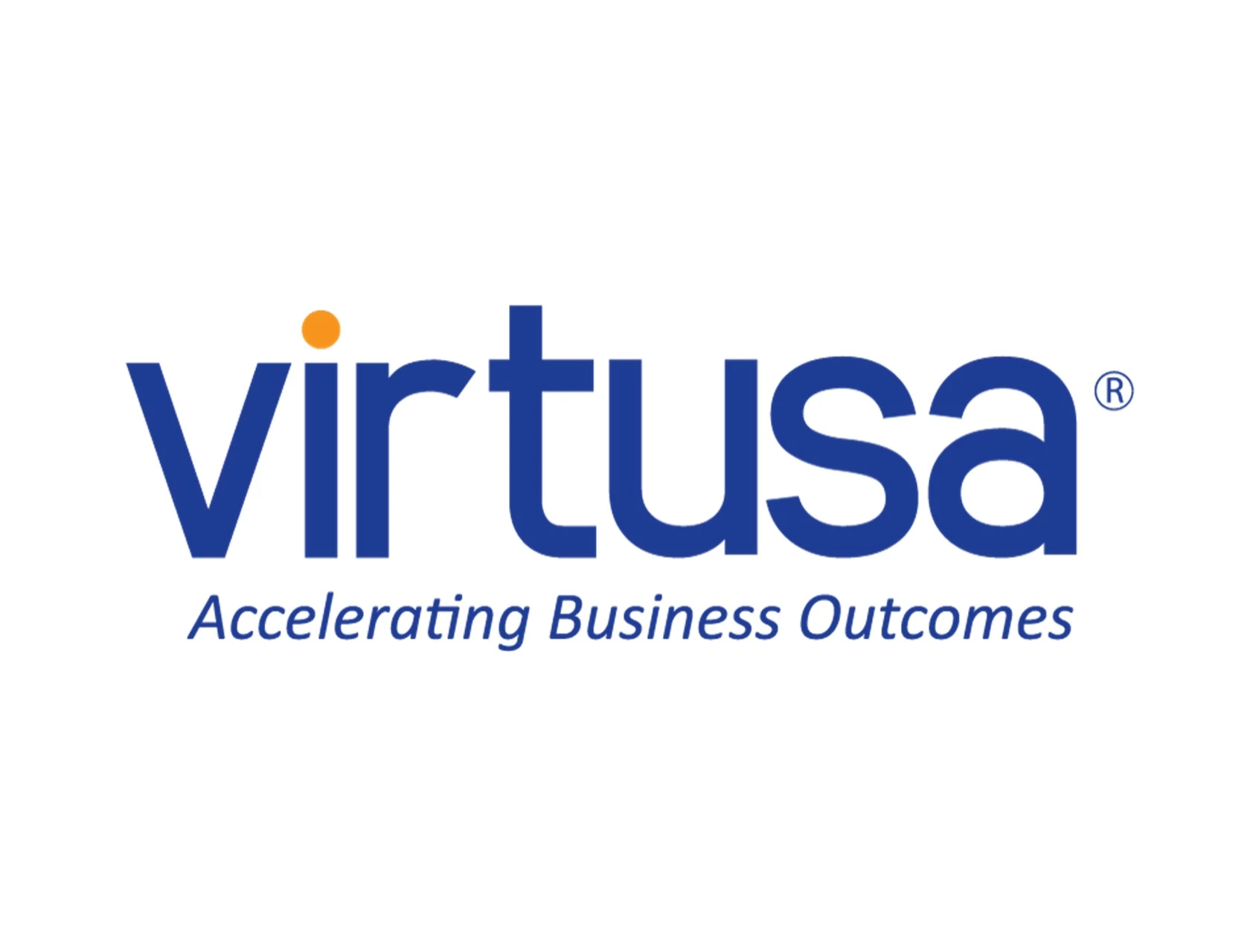
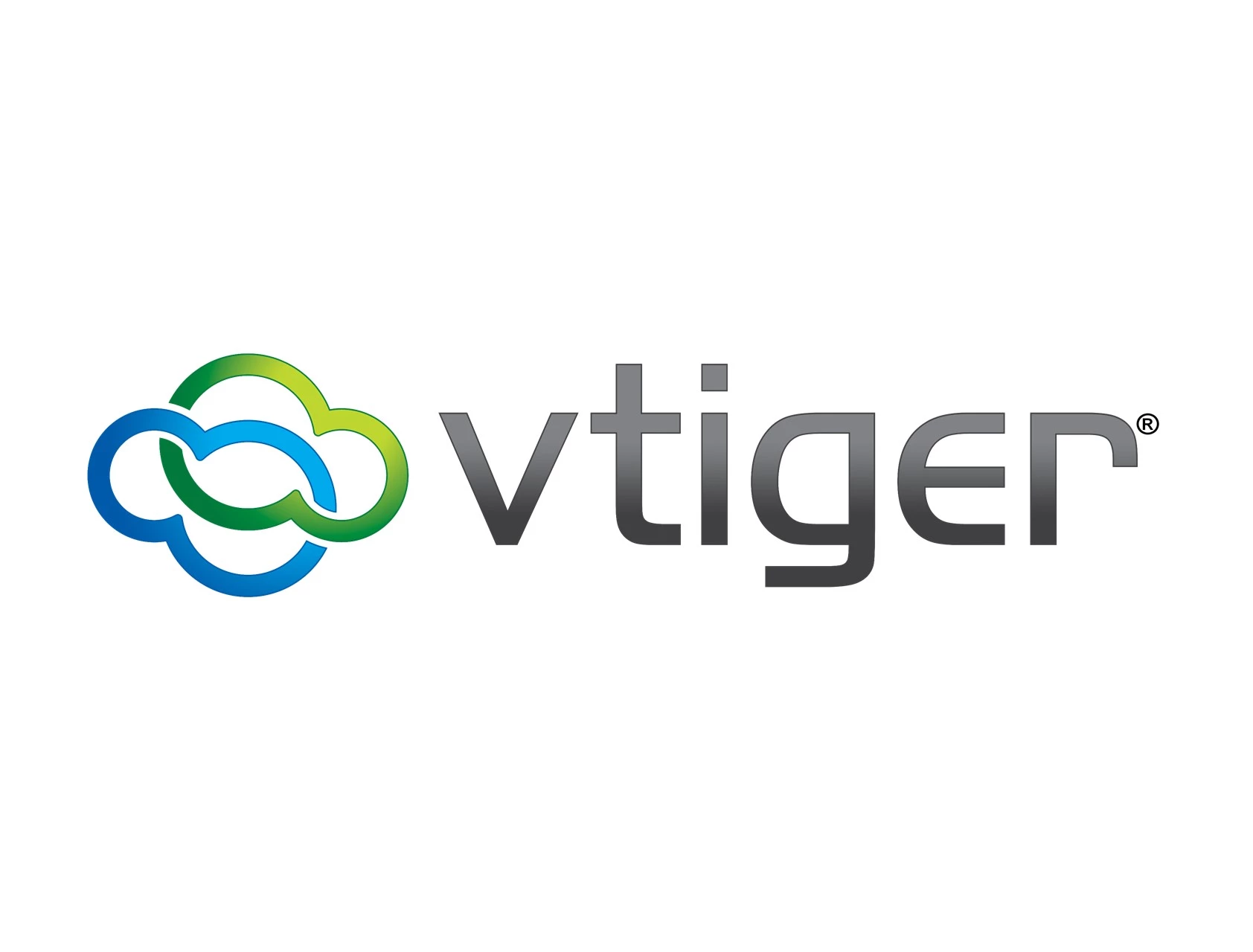
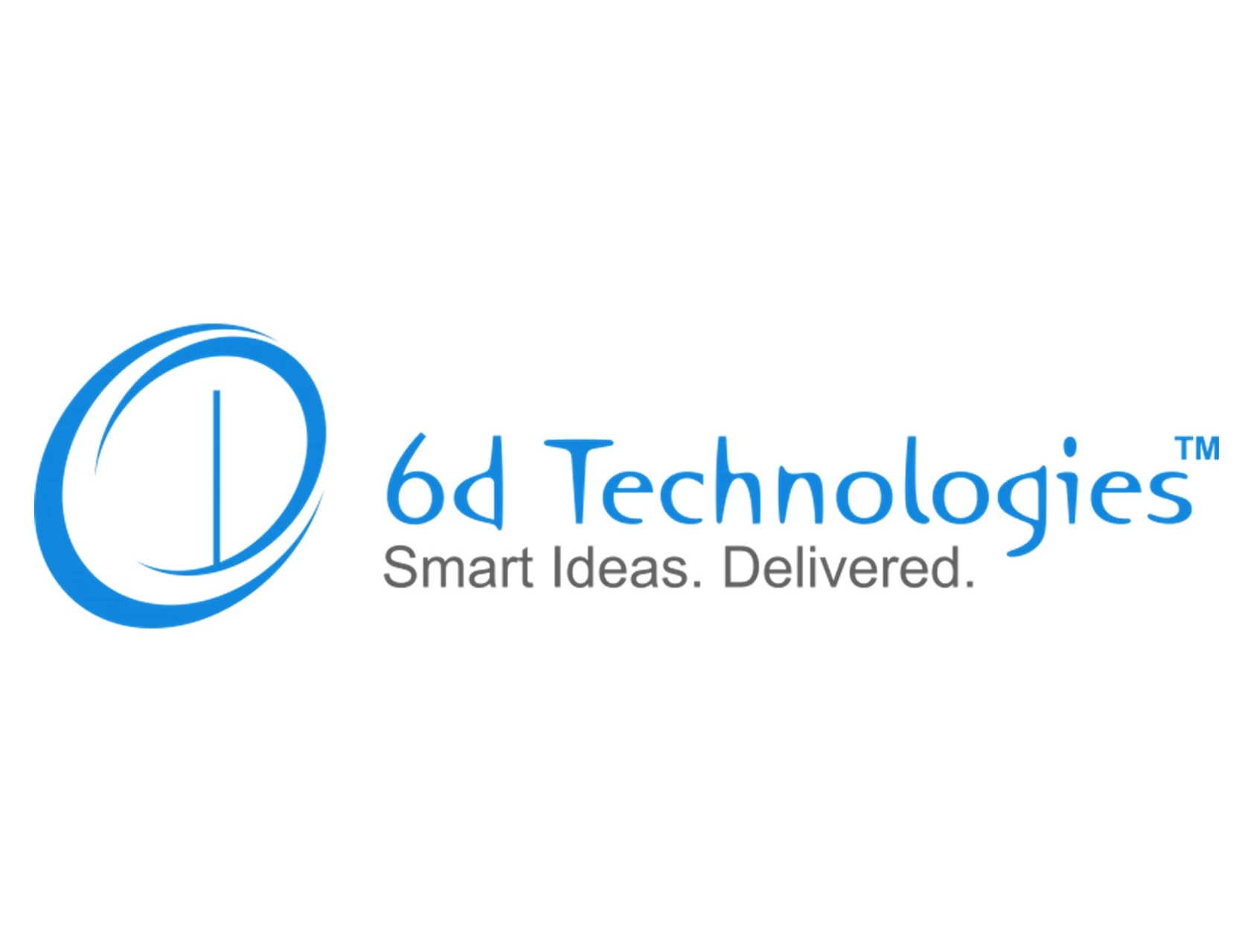
The PCMB An acronym for Physics, Chemistry, Mathematics, and Biology, constitutes a comprehensive combination of subjects commonly offered in pre-university education programs.
Opting for PCMB provides students with a versatile skill set and a broad foundation of knowledge essential for pursuing higher education and careers in diverse areas such as engineering, medicine, biotechnology, research, and environmental science.
The integration of Physics, Chemistry, Mathematics, and Biology encourages students to make interdisciplinary connections, fostering critical thinking, problem-solving abilities, and creativity
Students are educated realistically with the best in class Lab and Infrastructure facilities and the best passionate instructors at KSGI, the Best & Top Most College For PCMB in Bangalore, Karnataka, India.
PCMB, comprising Physics, Chemistry, Mathematics, and Biology, offers a diverse scope and application areas across science, technology, engineering, and medicine. It forms the foundation for careers in fields such as engineering, medicine, biotechnology, research, environmental science, and technology. With its interdisciplinary approach, PCMB equips students with versatile skills and knowledge essential for addressing complex challenges and making meaningful contributions to society through scientific inquiry, innovation, and discovery
PCMB (Physics, Chemistry, Mathematics, and Biology) offers diverse career placement opportunities across sectors such as medicine, engineering, biotechnology, research, environmental science, technology, finance, education, and government services. Graduates can pursue careers as doctors, engineers, biotechnologists, researchers, environmental scientists, data scientists, educators, and more, leveraging their interdisciplinary skills and knowledge in science and mathematics to make meaningful contributions across various industries and sectors.
Bachelor's Degree Programs: Pursue bachelor's degrees in fields such as: Medicine (MBBS) Engineering (B.E./B.Tech) Biotechnology (B.Tech/B.Sc) Pharmacy (B.Pharm) Agriculture (B.Sc Agriculture) Mathematics (B.Sc Mathematics) Physics (B.Sc Physics) Chemistry (B.Sc Chemistry) Biology (B.Sc Biology)
 Fill in your details along with the course you like to join, An Executive From K. S. Group Of Institutions will contact you at the earliest and guide you further.
Fill in your details along with the course you like to join, An Executive From K. S. Group Of Institutions will contact you at the earliest and guide you further.